What is central sleep apnea?
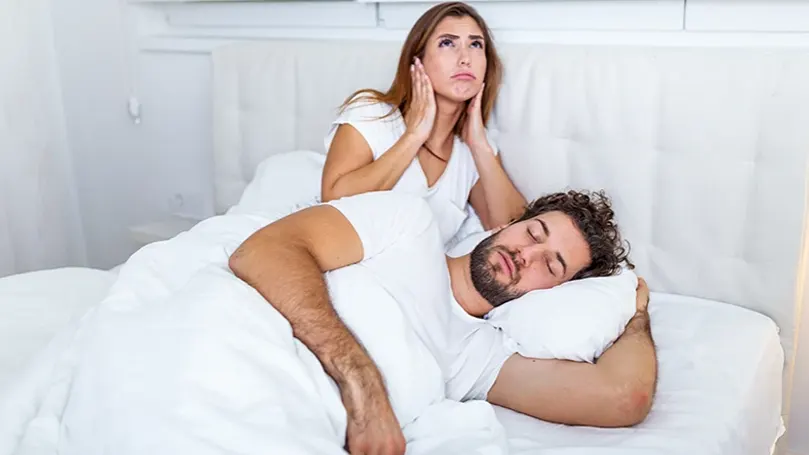
Sleep apnea in general is a pause in breathing during sleep. As the body needs to breathe constantly, all pauses in breathing are very harmful to health. This is especially the case in the long run unless you are trained diver.
Obstructive sleep apnea VS central sleep apnea
When it comes to sleep apnea, most people are actually talking about obstructive sleep apnea which is up to 10 times more common than central sleep apnea but both are sleep related breathing disorders. Unlike central sleep apnea which occurs due to neurological problems, obstructive sleep apnea is a consequence of blocked airways. A person suffering from obstructive sleep apnea tries to breathe but the air cannot pass.
Some of the most common causes of obstructive sleep apnea are weakened throat muscles, smoking, alcohol, obesity and asthma. Since the cause is mostly different than in central sleep apnea, the treatment is approached differently. There is another type of sleep apnea, which is very rare, and that is mixed or complex sleep apnea. Although obstructive and central sleep apnea are different disorders, they can occur at the same time and then it is called mixed sleep apnea.
The symptoms of central sleep apnea
The symptoms of both central and obstructive sleep apnea are similar. Also, all of these symptoms, like excessive daytime sleepiness, may be related to some other disorders and illnesses, so if you notice any of them it does not necessarily mean that you suffer from sleep apnea. However, if you notice more symptoms, then you probably suffer from this disorder.
Abnormal breathing patterns while sleeping
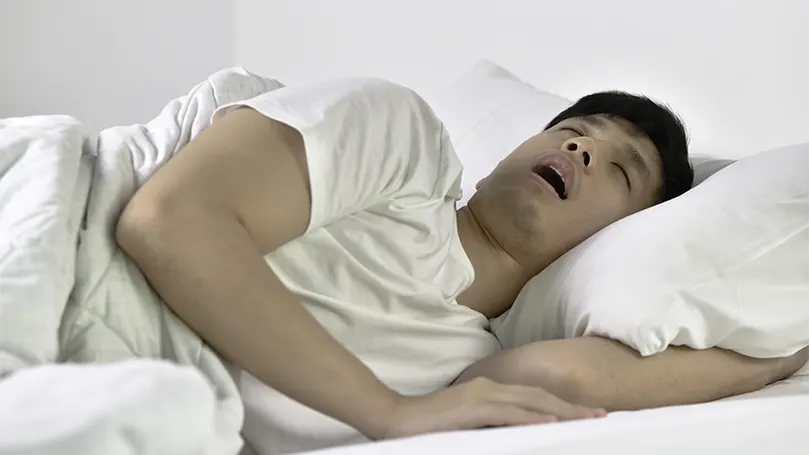
It is virtually impossible to notice on your own abnormal breathing patterns while sleeping. This is something your partner will notice. Abnormal breathing patterns are very easy to notice when you are awake and the other person is asleep. If your partner points out that this is a recurring occurrence, visit the doctor.
Abrupt awakenings
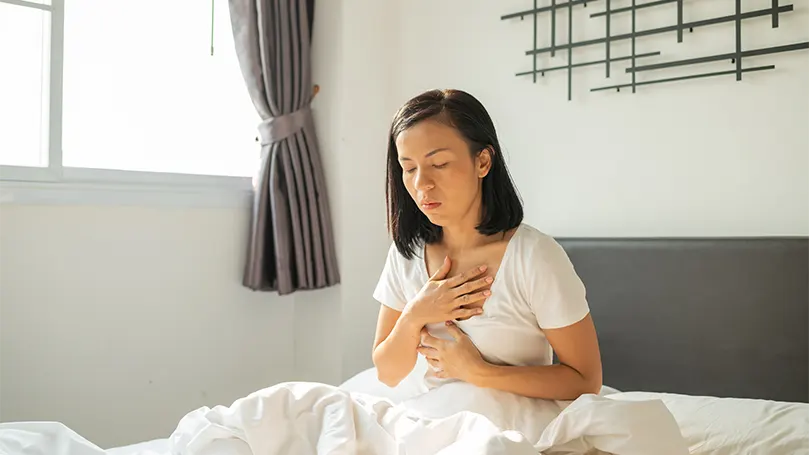
It happens to everyone to wake up abruptly from sleep. Maybe you had a nightmare or some noise made you wake up suddenly. If after abrupt awakening you feel as if you have emerged from the water and are trying to catch your breath, then sleep apnea is probably the cause of abrupt awakenings.
Excessive snoring
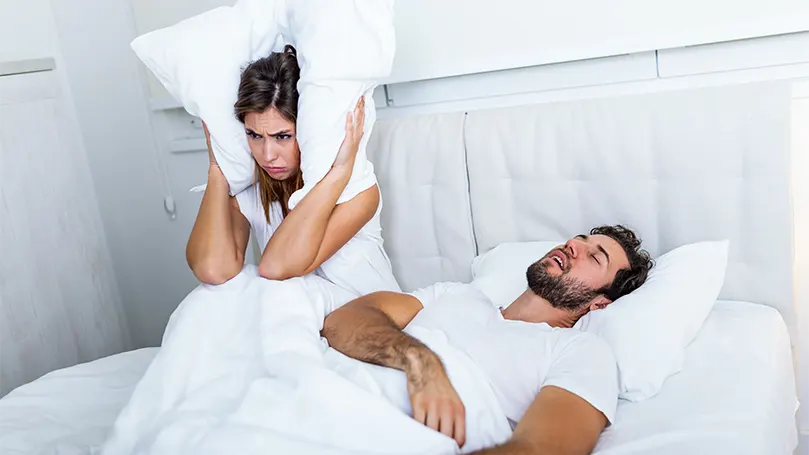
Sometimes we catch a cold without even knowing it, so we snore. We also snore when we have the flu or allergies. Then the mucous membrane in the nose and throat is swollen, and snoring occurs. There are ways to prevent it. Excessive snoring is one of the main symptoms of obstructive sleep apnea, but sometimes patients with central sleep apnea also notice snoring. In addition, you can also drool if you sleep on your stomach for example.
Frequent mood changes
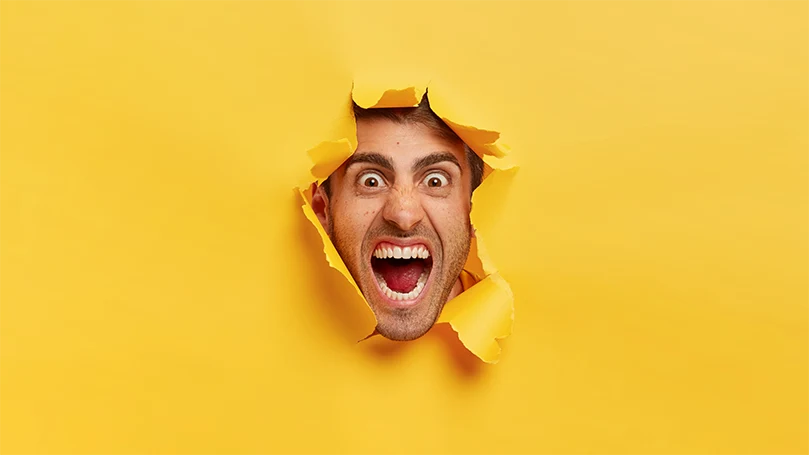
Frequent mood changes are a symptom that occurs after suffering from central sleep apnea for some time. Mood changes are the result of poor night's sleep and lack of oxygen in the body and brain during the night. That is why brain fog is also one of the common symptoms.
Insomnia
Insomnia is the most common sleep disorder and is therefore sometimes used as a synonym for all sleep disorders, although it is very imprecise. If the insomnia is a consequence of childbirth or stress, there are treatments such as massage of pressure points. But if central sleep apnea is the cause of insomnia then different treatment is needed.
Hypersomnia

Problems with concentrations
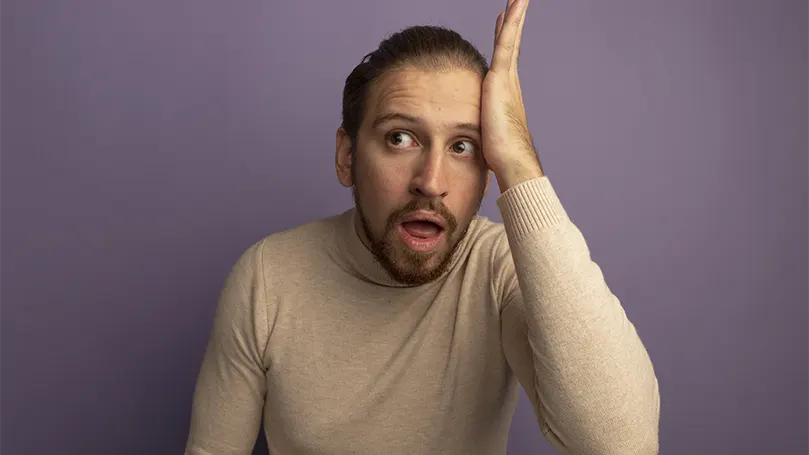
We have already mentioned problems with concentrations in the previous paragraph where we talked about hypersomnia. Such problems are very common when you do not get enough sleep, and central sleep apnea certainly impairs the quality and duration of sleep. Poor concentrations are a big problem for all types of professions as well as for day to day life.
Headaches upon awakening
There are dozens of reasons why you may wake up with a headache so this is certainly not a symptom that is exclusive to central sleep apnea. But since you are deprived of oxygen during parts of night when you are not breathing properly, then it is possible that you will often wake up with a headache.
The main causes of central sleep apnea
When obstructive sleep apnea is diagnosed, it is necessary to find cause of blocked airways, and a medical doctor can often determine the cause as soon as he or she sees the patient. The causes of central sleep apnea are usually complex and require more examination. According to two reputable medical institutions, Cleveland Clinic and Mayo Clinic, these are the most common causes of central sleep apnea.
Drug abuse
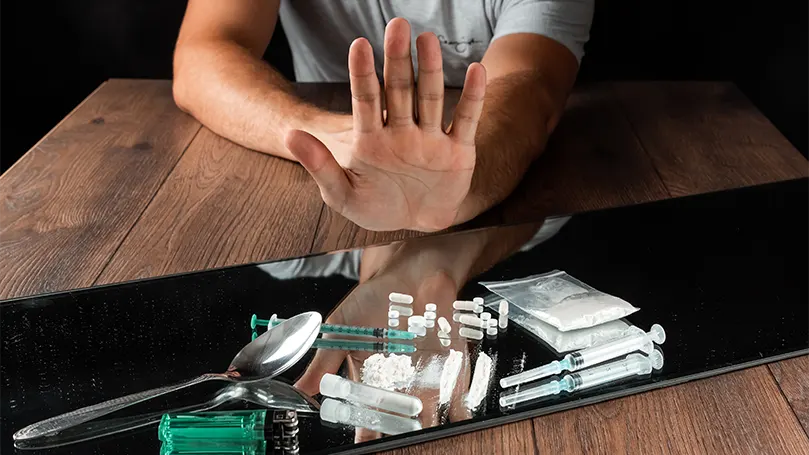
Both legal and illegal drugs can lead to sleep apnea. You should stay away from illegal drugs for many reasons, and when we talk about medications, they can also be the culprits. The most common are opioids and similar medications that affect the central nervous system. If central sleep apnea occurs after you start taking a particular medication, tell your doctor immediately.
High altitude breathing

Many hikers report central sleep apnea after climbing high altitudes, usually above 3,000 meters. At high altitudes, the concentration of oxygen is significantly reduced, so when climbing Mount Everest, for example, you must carry an oxygen bottle. But if you don't, your breathing pattern will change and this can disrupt the signals the brain sends to the body.
Kidney diseases
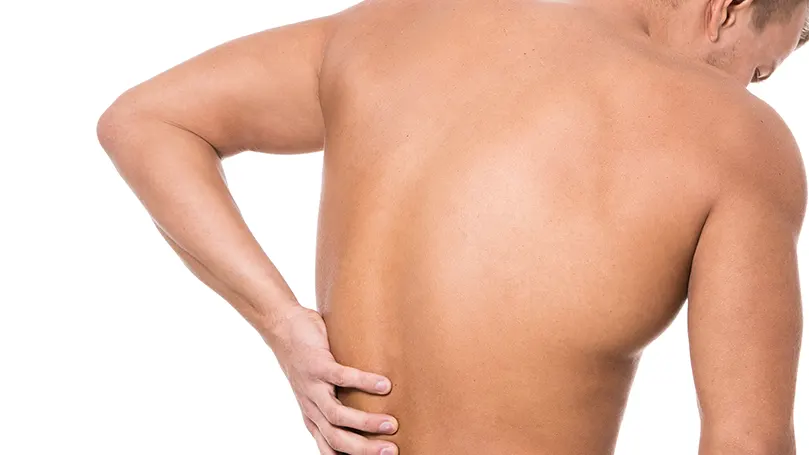
Kidney stones and similar kidney problems although very painful cannot lead to central sleep apnea. What it can bring to it is end-stage renal disease and this is a condition where the kidneys completely lose their function. Then transplantation and dialysis are the only solutions.
Stroke
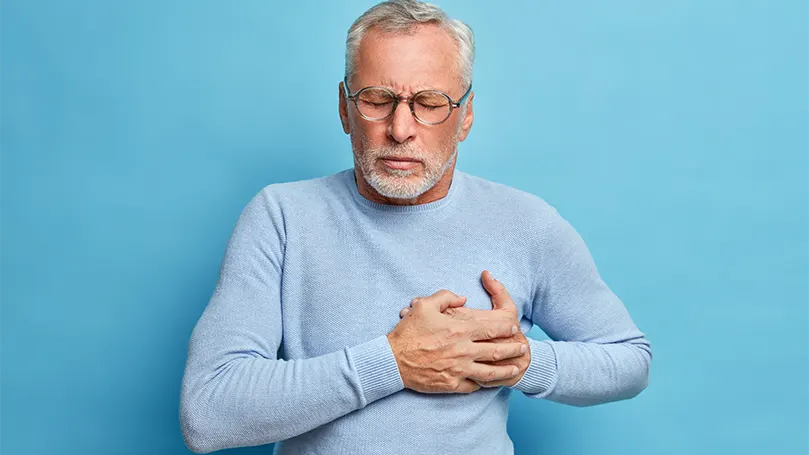
Stroke can be both a consequence and a cause of sleep apnea. If sleep apnea is left untreated, it will lead to high blood pressure and potentially stroke. Also, if a part of the brain is severely damaged after stroke, then the brain may no longer be able to send the necessary signals to the diaphragm.
Cheyne-Stokes breathing pattern
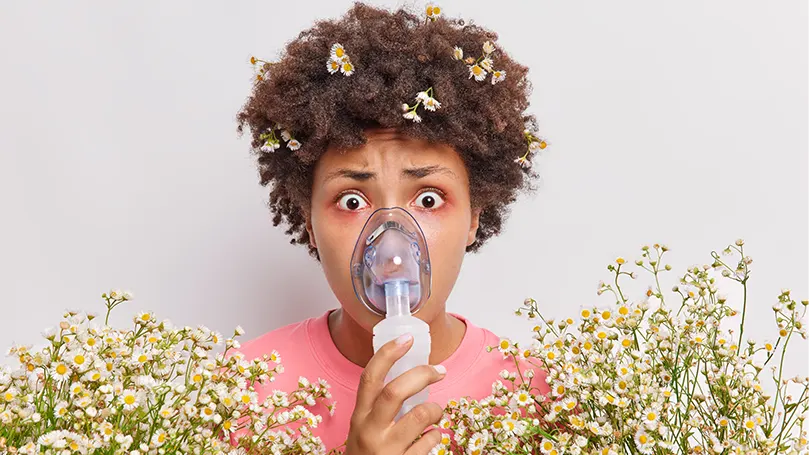
The so-called Cheyne-Stokes breathing pattern is a rare disorder and is characterized by changes in the breathing pattern, usually during sleep, but sometimes in the waking state. It most commonly affects people who have heart disease. Congestive heart failure and atrial fibrillation are conditions associated with it. Patients recovering from stroke may experience this breathing pattern as well.
What are the main risk factors that lead to central sleep apnea?
Many studies have been conducted on central sleep apnea. Large sample has shown that there are certain risk factors that in most cases lead to this serious sleep disorder. Those risk factors are among others sex, age and heat disorders.
Sex
Men are almost twice as likely to develop central sleep apnea compared to women. This number cannot be determined exactly, but it is certain that men should be more careful and act immediately when they notice symptoms. Although women are less likely to develop sleep apnea, they should not underestimate the symptoms.
Stroke or brain tumor
We have already mentioned strokes, but there is another reason why the brain can fail to perform its function and you could possible die of a sleep apnea. And that reason is a brain tumor. If the brain tumor presses on a certain part of the brain, and especially if it presses on the medulla, the part of the brain at the bottom of the brainstem in charge of breathing, then central sleep apnea is very likely to occur. Doctors will probably examine brainstem for structural lesions too.
Age
Central sleep apnea almost always affects people over the age of 50. It is very rare for young people to experience central sleep apnea, while it is not uncommon for young people who are very obese to have obstructive sleep apnea. Infants may have apnea related to Congenital central hypoventilation syndrome. Central sleep apnea is characteristic of the elderly because other medical conditions are present that can cause this sleep disorder.
Can central sleep apnea cause more problems?
Both types of sleep apnea can cause many other health problems. Therefore, sleep apnea must not be left untreated, otherwise it will trigger a chain reaction that will be very difficult to stop. To prevent sleep apnea from affecting your health, as soon as you notice symptoms, consult a doctor and start treating underlying medical cause and thus sleep apnea. Idiopathic central sleep apnea is the only type of central sleep apnea that occurs without a cause, but is fortunately very rare.
Cardiovascular problems
When you do not breathe properly, your heart is under great stress. Over time, the heart learns to compensate for the lack of oxygen in the bloodstream, but this will cause various damage to the heart over time. Once the heart is damaged, that is the point of no return and numerous cardiovascular problems will appear.
Excessive fatigue
You will constantly be tired, even after the necessary 8 hours of sleep. But those 8 hours were interrupted and sleep was shallow so you didn’t get enough rest. Fatigue can be the result of many other things, including stress, but the potential of sleep apnea should not be overlooked.
How to treat central sleep apnea?
It is estimated that over 100 million people in the world suffer from some type of sleep apnea. This ranks sleep apnea among the most common sleep disorders and because of that much attention is paid to research on the treatment of this disorder. Following are some of the most common treatments.
Continuous Positive Airway Pressure (CPAP)
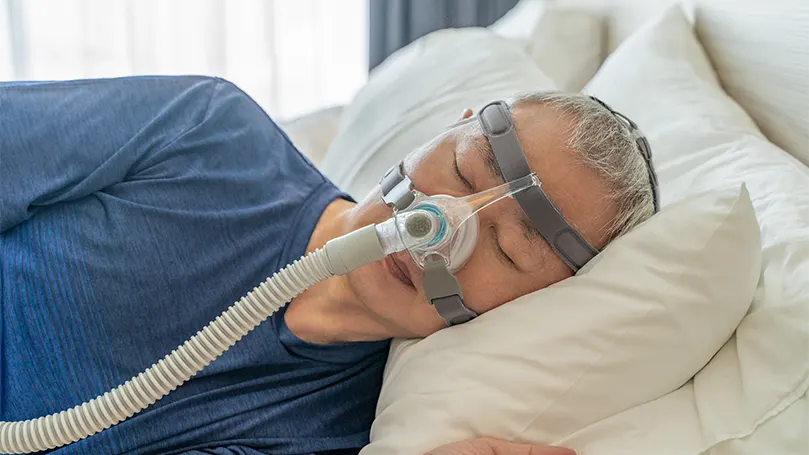
Continuous Positive Airway Pressure, abbreviated CPAP, is a machine that should provide ventilation and the pressure should be greater than atmospheric pressure. You should wear a mask that will prevent upper respiratory tract collapse. CPAP is certainly one of the most effective ways to treat both types of sleep apnea, even severe central sleep apnea, but it will take time for you to get used to wearing the mask. So be patient and don’t give up after first night.
Stop opioid consumption

We mentioned that central sleep apnea is one of the side effects of opioids that affect the central nervous system to tranquilize you or reduce pain. If this is the cause, then everything should return to normal as soon as you stop taking that opioid.
Solving other health problems that may lead to CSA
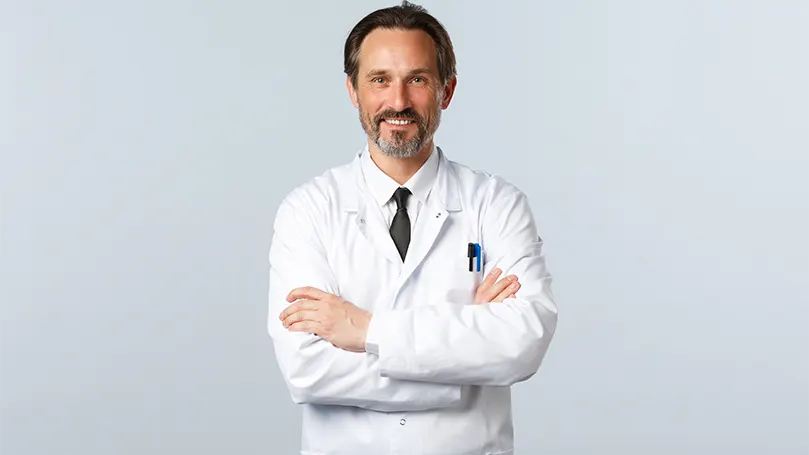
Most sleep disorders are actually just a consequence of some other health problem. That is why most doctors and sleep experts believe that the treatment of sleep disorders should begin with a detailed examination of the body to find the underlying cause. Once you solve other health problems, CSA will disappear.
Adaptive Servo Ventilation (ASV)
Adaptive Servo-Ventilation, abbreviated ASV, is a device similar to Continuous Positive Airway Pressure (CPAP). Unlike CPAP, ASV adjusts the air pressure while you breathe to make the breathing pattern more natural. It also allows for more breaths if necessary as the device adapts to your pattern and not just follows its own pattern like CPAP. However, people with heart problems should stick with CPAC instead of ASV.
Supplemental oxygen treatment
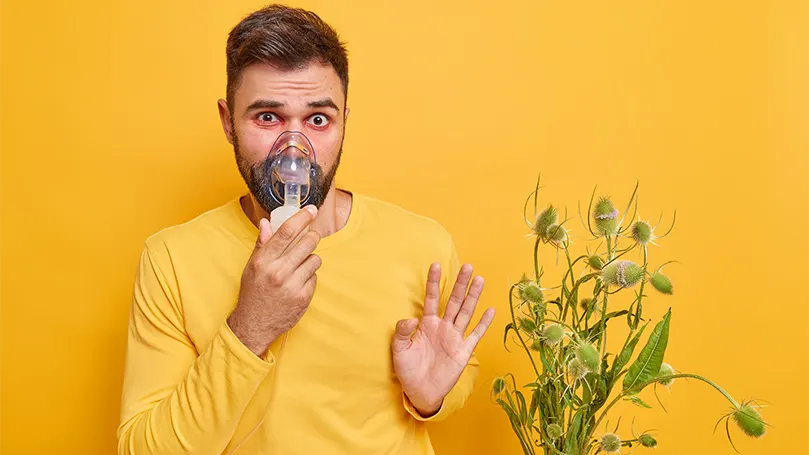
Oxygen therapy is an increasingly popular type of therapy. You can use it at home. If you have not undergone oxygen therapy so far, consult your doctor to see if this is the right choice for you and to get advice on which device to use. Oxygen therapy is useful not only for treating sleep apnea but also other disorders such as asthma
Bilevel Positive Airway Pressure (BPAP)
Bilevel positive airway pressure, abbreviated BPAP, is the third device we mention. In terms of functioning, it is more similar to ASV than CPAP, because it is adaptive and opens the lungs with positive pressure ventilation. You will wear either mask or nasal plugs. Same as ASV, it is not recommended to people with heart failure.
Using specialized medications
You might expect sleep medicine, but Acetazolamide, one of the carbonic anhydrase inhibitors, is recommended. It is a drug used for ophthalmic problems such as glaucoma because it reduces the production of fluid inside the eye, but also for epilepsy. Although treating central sleep apnea is not the primary purpose of this drug, studies have confirmed that it can be helpful.
When is the time to visit the doctor to treat central sleep apnea?
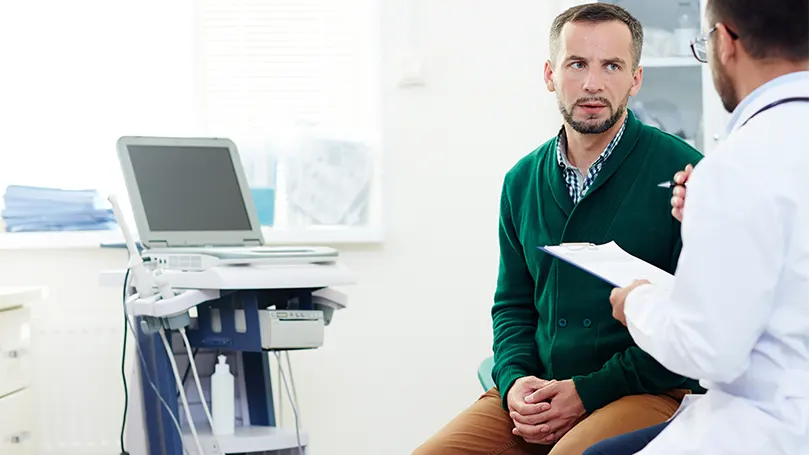
Although it is not necessary to go to a sleep clinic as soon as you sleep poor for a few nights, sleep apnea is not something you should leave untreated for a long time. As soon as the symptoms start to recur, it is time to visit the doctor to treat central sleep apnea. Before you go the doctor's, you can try to change your position of body while sleeping.
The doctor will probably first order a complete medical check-up and the results will determine further steps in treatment. You can even get a sleep apnea test so ask the doctor about it.
Central sleep apnea can be even more dangerous than obstructive sleep apnea, so if you have symptoms for more than 10 days or two weeks, our advice is to make an appointment with a doctor as soon as possible.
Spread the word
Recommended reading:

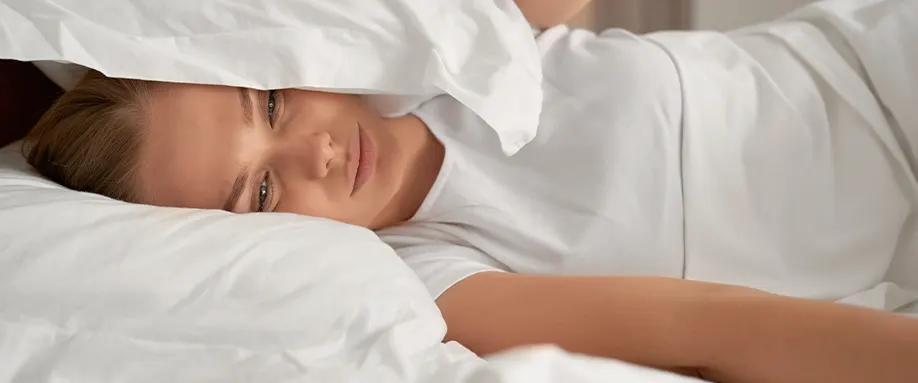

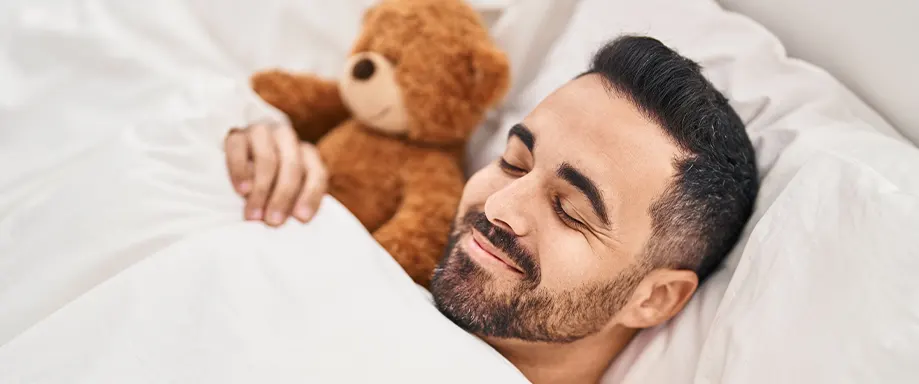













There are no comments yet
"*" indicates required fields